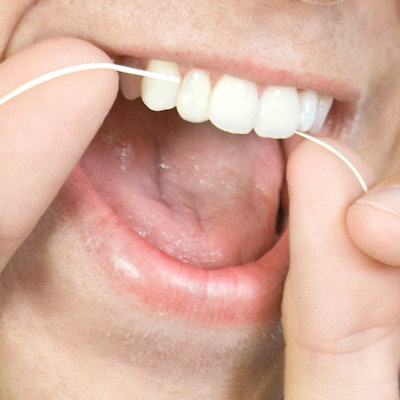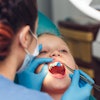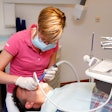
Most dental patients understand the benefits of flossing and using a mouth rinse; however, only about 1 in 6 engage in these habits daily, according to a study published June 2 in the Journal of Dental Hygiene.
Despite evidence that supports the efficacy of regular flossing and mouth rinsing, daily oral care regimens that incorporate both practices have not been widely adopted by the public. Dental teams should work with patients to build better interdental cleaning habits, the study's authors wrote.
"While respondents strongly believed that brushing, flossing, and mouth rinse use carry unique benefits and that combining all three methods would be optimal, these respondents still had high perceived barriers to using floss and mouth rinse regularly and consequently these habits were not included in their daily oral hygiene regimen," wrote the authors, led by Dr. Mary Lynn Bosma, RDH, director of claims strategy at Johnson & Johnson.
Only a limited number of published studies have explored how individual perceptions might influence flossing or mouth rinse behaviors. Therefore, identifying these beliefs might help clarify the most effective methods for clinicians to cite in their discussions with patients and for public health outreach programs to use to encourage good oral hygiene habits.
To investigate how flossing and rinsing behaviors affect their perceived benefits and barriers, 213 patients completed a questionnaire about their oral hygiene habits. More than 90% of participants agreed that daily flossing and rinsing practices would protect their teeth from plaque and decay and give them healthier gums. However, knowing that these habits would improve their oral health, only 16% reported flossing daily, and only 17% reported using a mouth rinse at least once daily, the authors wrote.
Some of the perceived barriers survey respondents cited for not flossing and using mouth rinse included fear of gingival bleeding and pain, forgetting, and not flossing or rinsing as part of one's daily oral care routine. Additionally, those who didn't floss or use mouthwash every day were less likely to believe the intangible benefits of these practices and much more likely to perceive barriers to using floss or rinse, they wrote.
The study had limitations, including that the information was self-reported and didn't include actual observation of flossing and mouth rinsing habits, they wrote. A better understanding of patients' perceptions and barriers to oral hygiene habits may lead to more effective interventions, the authors wrote.
"Given that the main barriers to habitual use of floss and mouth rinse were not due to lack of knowledge regarding their benefits, but rather due to forgetfulness, incorporation of behavior change theory for habit formation may be particularly useful in future research," Bosma and colleagues concluded.
Disclosure: Johnson & Johnson Consumer sponsored this clinical trial and was responsible for the trial design and the collection, analysis, and interpretation of the data.




















